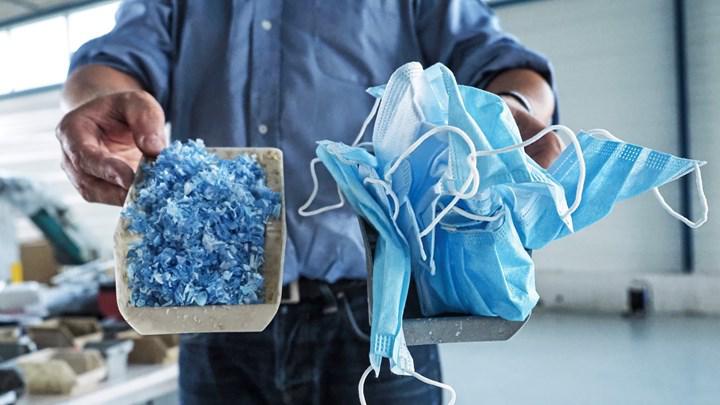
Due to the Covid-19 pandemic, millions of mask wastes continue to be created in the world. According to a study carried out in 2020, it was determined that close to 129 billion face masks are used every month, while scientists may have found a way to evaluate these masks.
Batteries will be produced from masks
Developing a new method for producing low-cost, flexible and efficient batteries from waste masks, scientists succeeded in dipping the cleaned masks in an ink made of graphene and then heating them to 140 degrees to create conductive pellets that work as the battery’s electrodes.
However, surprisingly, the research team, which reached an energy density of 99.7 Wh/kg, was able to increase the energy density up to 208 Wh/kg by adding nanoparticles of a calcium-cobalt oxide perovskite to the electrodes in the latest studies.
We can say that the achieved value is quite close to lithium-ion batteries with an energy density ranging from 100 to 265 Wh/kg. These batteries, which are claimed to retain 82 percent of their capacity after 1500 cycles and can provide more than 10 hours of energy at a voltage of up to 0.54 V, can achieve a high utilization rate due to their low cost.
The research team says that the batteries developed with the new method can be made thin and flexible, and can even be considered disposable if necessary.
- Homepage
- Popular Science
- Health News
- Waste Covid-19 masks will be converted to Lithium-ion batteries